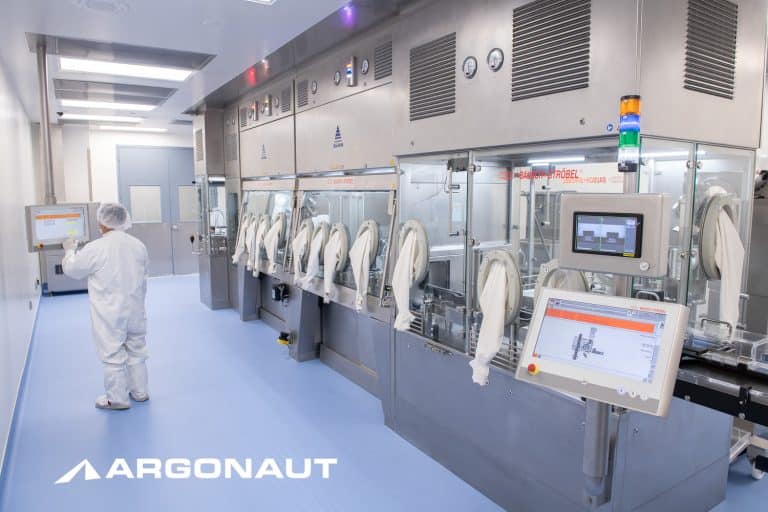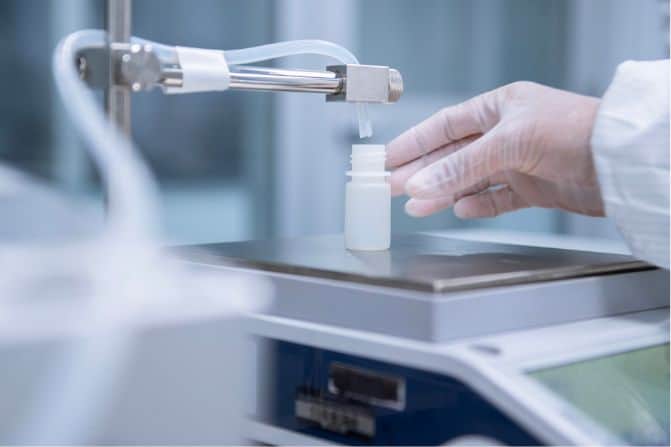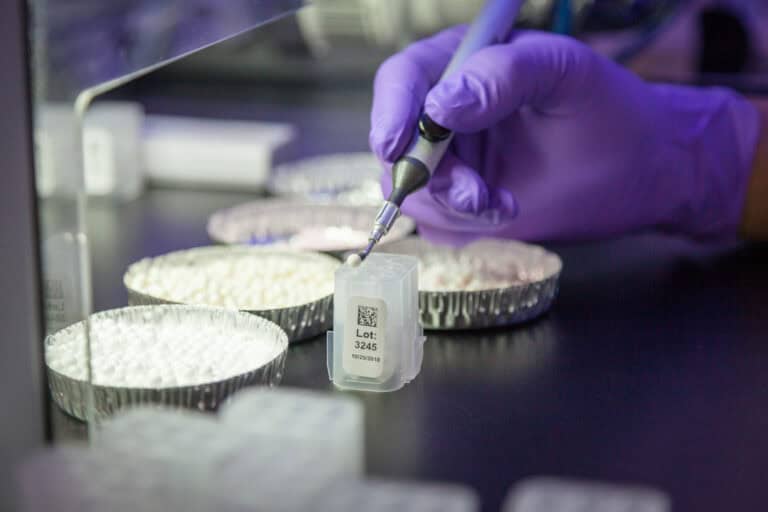The biotech diagnostic manufacturing and development industry is undergoing rapid transformation driven by innovations that enhance sustainability and improve access to accurate diagnoses while optimizing resources. In a recent discussion between Melody Savea, (GM Thermo Fisher Scientific, OEM and Licensing), and Wayne Woodard (CEO, Argonaut Manufacturing Services), the focus of the conversation shifted from manufacturing ecosystems to innovations impacting how biotech diagnostic manufacturers approach sustainability and point-of-care testing (POCT).
Lyophilization and Sustainability
Lyophilization, or freeze-drying, sparked enthusiasm from both industry experts. This technology stabilizes materials at ambient conditions, eliminating the need for traditional cold chain logistics, making it particularly promising for point-of-care testing. Conducting tests at home or decentralized locations becomes feasible, simplifying procedures and enhancing accessibility.
Sustainability goals are driving innovation in the industry, exemplified by Thermo Fisher Scientific’s commitment to reducing emissions and achieving carbon neutrality by 2050. This commitment influences the company’s focus on creating sustainable reagents, aligning with changing biotech diagnostic manufacturing practices. Lyophilization significantly contributes to sustainability goals by improving product shelf-life and reducing the carbon footprint associated with cold-chain logistics.
You can learn more about the true cost of cold chain logistics in our white paper How to Eliminate Hidden Cold Chain Costs and the significant reduction achieved in CO2 emissions by moving from cold to ambient transport in our white paper Lyophilization and ESG.
Biotech Diagnostic Manufacturing for POCT
Lyophilization’s impact extends to democratizing point-of-care testing, addressing global healthcare disparities. The technology facilitates an ambient strategy, expanding access to advanced testing technologies worldwide. This shift aligns with the increased demand for innovative healthcare solutions, especially highlighted by the challenges posed by the COVID-19 pandemic.
Collaboration and integration
Looking ahead, both Melody and Wayne envision a future characterized by closer collaboration and integration in biotech diagnostic manufacturing. The customer-centric approach is emphasized, tailoring solutions to meet the unique needs of each customer. Large companies are collaborating with specialized Contract Development and Manufacturing Organizations (CDMOs) to better serve smaller clients, fostering flexibility and agility in the rapidly evolving landscape of biotech diagnostics. This collaborative spirit, along with a focus on sustainability and accessibility, is poised to transform the healthcare industry, offering significant value to a diverse range of clients.
Did you miss the first conversation? Check out Unveiling the Dynamic Power of Biotech Manufacturing Ecosystems.
To learn more about lyophilization and what Argonaut can do for you and please contact us.




